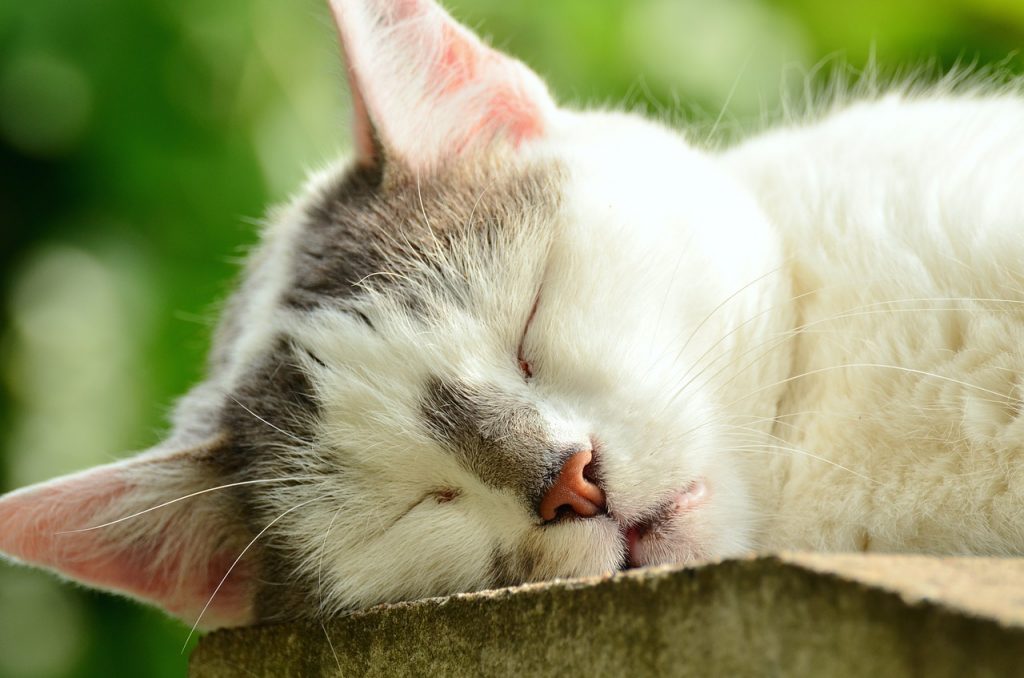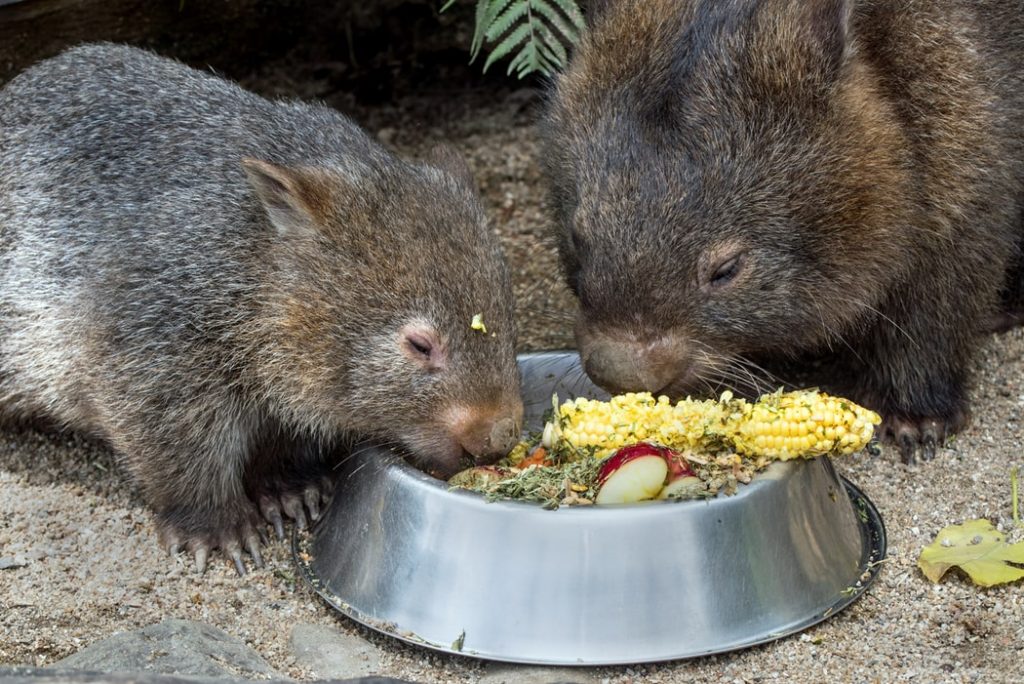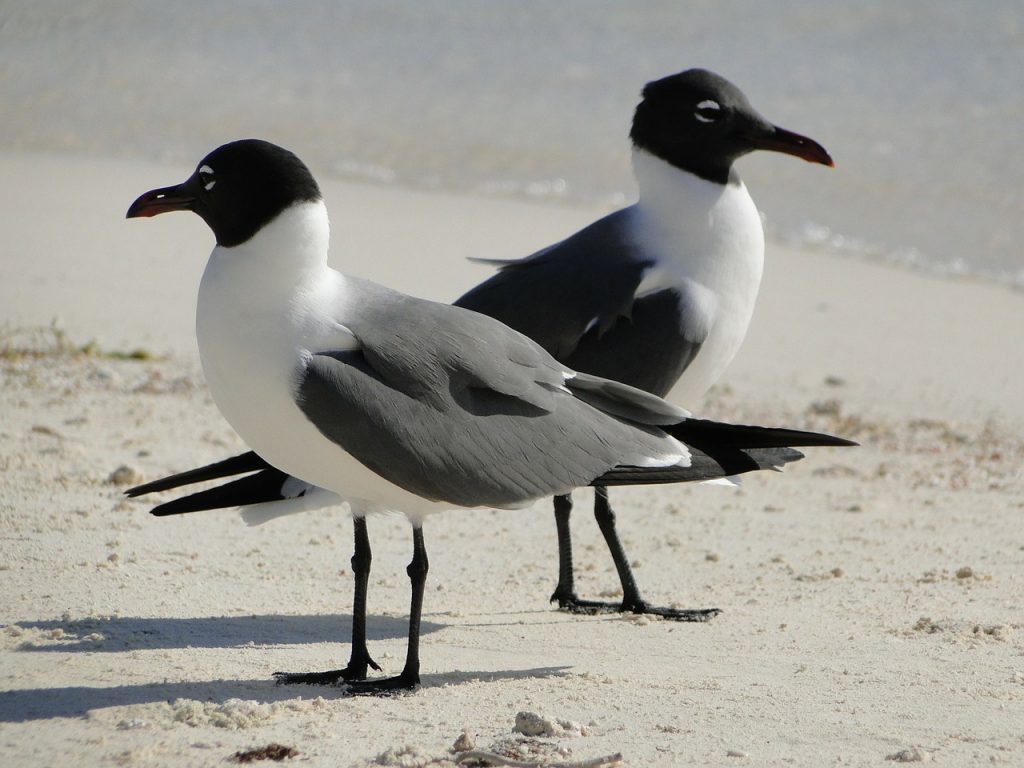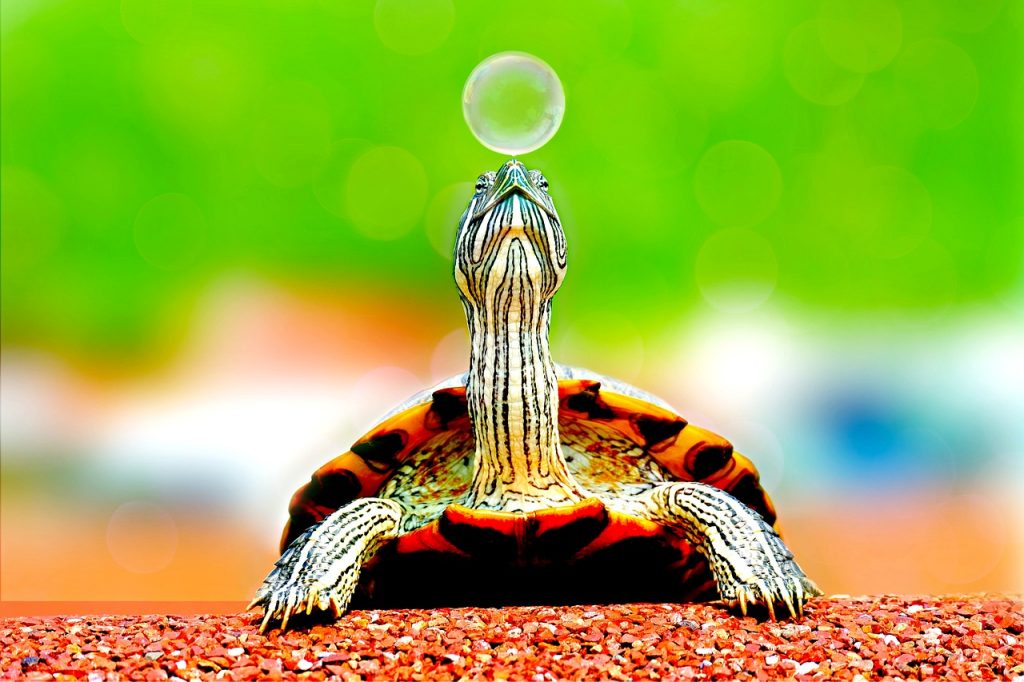
A couple of weeks ago, I asked the NAF Facebook community, “What are creative ways you are thinking of in terms of retirement? Me, collecting kitchen gadgets in hope that these cherry pitter and pickle grabber etc., will appreciate in value!” The comments that came back were hilarious, because this is a group of brilliant, witty, and extremely good-looking folks. Here are a few:
- “I intend to die in whatever museum I’m working in, and have my corpse be mistaken for part of the exhibit program. Until a century later, when an intern is cleaning they figure out that I’m that curator who disappeared. It’s the price of fame.”
- “Dumpster dive former board members homes.”
- “Relying on my love of the outdoors, because I’ll be living in a tent. When I’m ready to die, it’ll be with honor- just wandering into the forest and letting the coyotes eat me.”
- “I plan on selling black market pies at the train station. Not kidding. I make excellent pie.”
- “Work until I die – in debt”
- “Commune / small house community with all of the other women I know who gave their best years to the cause and never got enough in salary or retirement benefits to be able to “plan” for retirement.”
- “I feel like Pokémon will still being a thing in like 40 years, so hopefully I can sell the cards that I hoarded in 1999 to help make the student loan payments I’ll have until I die.”
- “I’ve thought about dying at my desk”
- “Counting on society to totally collapse before then, so currency and debt will be meaningless.”
- “I plan on dying on the phone line, most likely in the middle of an ask.”
- “My retirement plan is climate change and/or the total collapse of late stage capitalism.”
- “I will die in my broken office chair.”




